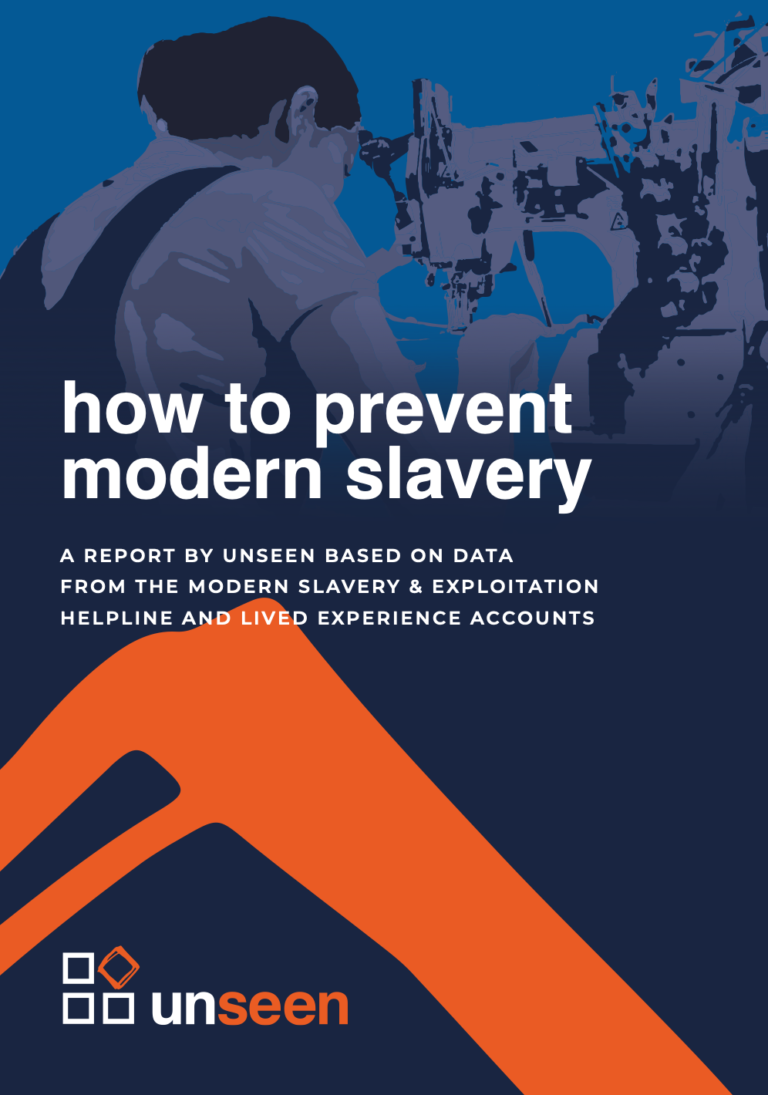Stop Slavery General Manager Handbook
GuidanceThis Handbook is to be used by General Managers in conjunction with the Stop Slavery Blueprint and provides example documents that can be adapted and used accordingly.
In 2021, the number of people referred to the UK Government’s system of identification and support, the National Referral Mechanism (NRM), stood at 12,727. Of those, only 2,866 were given a Positive Conclusive Grounds decision, confirming their status as a victim of modern slavery.
In addition, there have only been a handful of convictions in the UK, just 259 charged by the Crown Prosecution Service during 20201, which means that many of the perpetrators of these despicable crimes are never brought to justice. Despite UK Government estimates in 2014, putting the scale of modern slavery in the UK at around 10,000-13,000 potential victims, many think the true number is much higher, at around 100,000.
Much about the methodologies and tactics used to recruit and hold people in modern slavery is still unclear, and this report seeks to better understand these, by analysing data collated through Unseen’s Modern Slavery & Exploitation Helpline and survivor accounts. Understanding more about the push and pull factors that result in exploitation can help us develop robust prevention strategies to stop exploitation from
occurring in the first place.

This Handbook is to be used by General Managers in conjunction with the Stop Slavery Blueprint and provides example documents that can be adapted and used accordingly.
A recent law in California is poised to help California consumers make better and more informed purchasing choices. The California Transparency in Supply Chains Act (Steinberg, 2010) (the “Act”) provides consumers with critical information ...Read More
This second edition of Supply Chain Sustainability: A Practical Guide to Continuous Improvement is aimed at reflecting the new and emerging trends in this area since its original launch in 2010 as well as ensuring the inclusion of and alignment with ...Read More
Despite the astounding growth in child sexual abuse material (CSAM) crimes over the past twenty years, the general public has little understanding about what it means, how vast the problem is, and how violently children are abused in order to produc...Read More